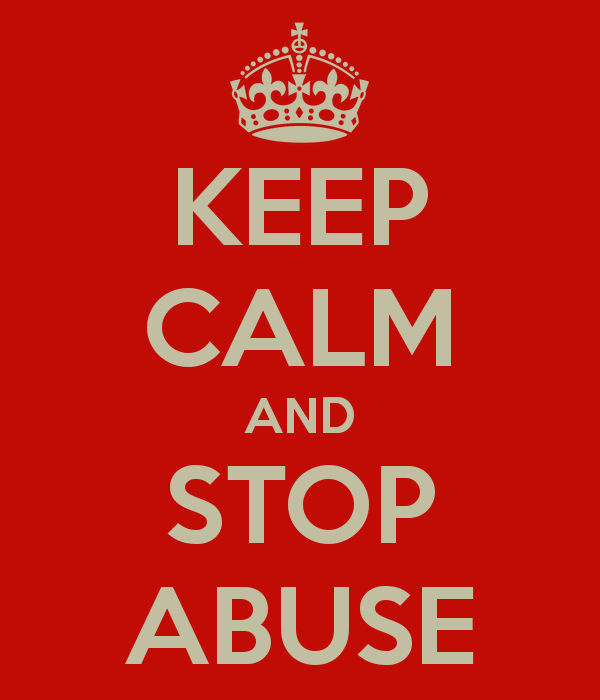What should you do if you suspect that a child has been abused? How do you approach them? Or what if a child comes to you? It’s normal to feel a little overwhelmed and confused in this situation. Child abuse is a difficult subject that can be hard to accept and even harder to talk about.
- Make sure the child is safe.

- If you are worried about a child’s immediate safety (or if a child is afraid to go home), call 911 or your local Department of Social Services.
- Listen.
- Show that you understand and believe what the child tells you. Do not interview the child.
- Show the child understanding.
- Control your emotions.
- Don’t react, instead think before you speak. Try to be calm and reassuring. Fear and anger are normal reactions, but they can scare the child and discourage the child from talking about it later.
- Believe the child.
- Take the child seriously. Reassure the child that they did the right thing. For example, say, “I am sorry that happened to you. I am glad you told me.”
- Be supportive.
- Reassure the child that they did nothing wrong. Explain that you will help keep them safe, and that reporting the incident is the right thing to do.
- Be honest. Let the child know that in order to help, you will have to tell another trusted adult who wants to help the child, too. Don’t promise to keep it a secret.
- Help the child to know what to expect.
- Tell them what you will do to try to help.
- You might say, “I want to try to help you. The trusted adult I told you about will need to talk to you. That person wants to help you, too.”
- Respect the child. While you need to report the incident, don’t tell anyone about the abuse who doesn’t need to know.
- Report the abuse.
Contact:
- Your local police Dept. or sheriff’s office
- Your local department of social services or child protective services
- Get medical help for the child.
- They may need treatment for physical injuries.
- If the child tells you about sexual abuse right after it happens, do not bathe the child or change their clothes because it may destroy evidence. Report to law enforcement and to the Department of Social/Human Services and they will direct you to the appropriate medical facility for treatment.
- Law enforcement and The Department of Social/Human Service may recommend that the child get medical attention even if the child seems unhurt.
- Child Abuse Hotline: To get help or report abuse, call the Childhelp National Child Abuse Hotline at 1-800-4-A-CHILD (1-800-422-4453). You can also contact us for guidance and assistance.
If you suspect a child is being abused, it’s critical to get them the help they need. Reporting child abuse seems official. Many people are reluctant to get involved in other families’ lives. Understanding some of the myths behind reporting may help put your mind at ease if you need to report child abuse:
Common Myths and Concerns
- "I don’t want to interfere in someone else’s family" The effects of child abuse are lifelong, affecting future relationships, self-esteem, and sadly putting even more children at risk of abuse as the cycle continues. Help break the cycle of child abuse.
- "What if I break up someone’s home?" The priority in child protective services is keeping children in the home. A child abuse report does not mean a child is automatically removed from the home - unless the child is clearly in danger. Support such as parenting classes, anger management or other resources may be offered first to parents if safe for the child.
- "They will know it was me who called" Reporting is anonymous. In most states, you do not have to give your name when you report child abuse. The child abuser cannot find out who made the report of child abuse.
- "What I have to say won’t make a difference" If you have a gut feeling that something is wrong, it is better to be safe than sorry. Even if you don’t see the whole picture, others may have noticed as well, and a pattern can help identify child abuse that might have otherwise slipped through the cracks.

